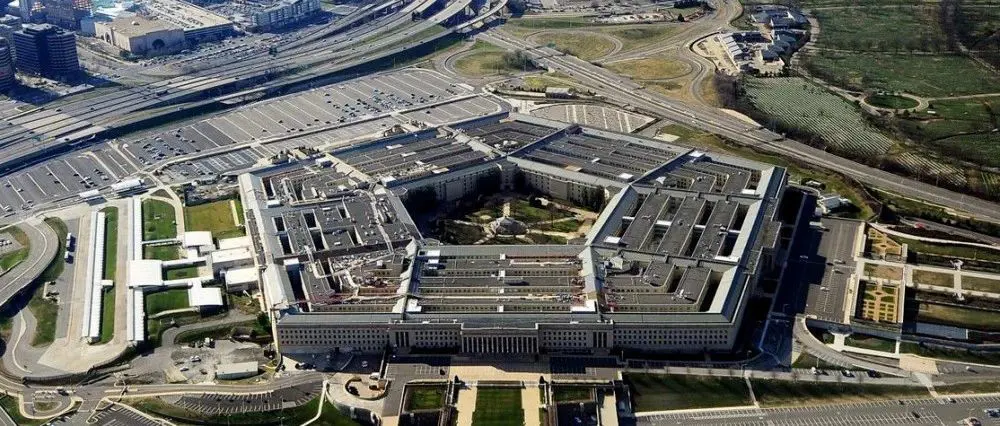Biden's triple thoughts on frantically arming Taiwan before stepping down

On [date], the Pentagon announced that the Biden administration of the United States has approved the sale of $1.8 billion worth of weapons to the Taiwan region of China. This comes just [number] days after the last U.S. approval for arms sales to Taiwan.
According to the latest news, the U.S. government has signed a formal agreement with the Taiwanese defense department, allowing Taiwan to purchase a batch of attack drones from two U.S. companies. Today, we will discuss the three-fold considerations behind the Biden administration's frequent arms sales to Taiwan.
Rushing the domestic political situation. The key point of this arms sale lies in its highly sensitive timing. With less than days to go before the U.S. presidential election, the Biden administration's announcement of a plan to sell arms to Taiwan at this juncture is clearly deliberate. Although Biden himself has withdrawn from the race, the current situation for Harris is tense, with frequent reports of lagging behind. By making a high-profile arms sale to Taiwan, the Democratic Party can cater to the views of some voters on the Taiwan issue. On the other hand, the arms sale can also help the Democratic Party further secure support from the U.S. military-industrial complex. In fact, to align with the election, the U.S. government has traditionally been keen on arms sales to Taiwan around October. In , the Trump administration announced a series of arms sales to Taiwan between September and October, including one on the day of the election, November 3rd. This is known as the "October Surprise" in U.S. election years, referring to significant events manipulated by individuals in the month leading up to the election, aiming to create a "black swan effect" and directly influence the election results.
Pick a look at the East Asian situation. The most notable aspect of this arms sale is the inclusion of weapons such as the National Advanced Surface-to-Air Missile System (NASAMS) and radar systems. The NASAMS, which has undergone practical testing in the Russia-Ukraine conflict, was previously only used in the Asia-Pacific region by Australia and Indonesia. The weapons procured by Taiwan include three Sentinel radar systems, extended-range medium-range advanced air-to-air missiles, two sets of missile guidance systems, and four multifunctional information dissemination systems, capable of providing firepower for three air defense battalions. Compared to previous times, this arms sale by the United States to Taiwan is considered to be the most practically significant in terms of actual combat. The Biden administration's attempt to break through the restrictions of "offensive," "high lethality," and "active service models," and its insistence on arms sales to Taiwan, undoubtedly sends the wrong signal, indirectly encouraging Taiwan to "resist unification by force," and attempting to disrupt China's unification process.
Chop the "Taiwan independence" leeks. This arms sale is of a significant amount, being the largest in terms of value among the Biden administration's arms sales to Taiwan. However, the same model sold to Ukraine costs approximately $100 million per set, while three sets sold to Taiwan cost $300 million, with each set being about $100 million more expensive. Additionally, due to the impacts of the Russia-Ukraine conflict, the Israel-Palestine conflict, and others, the United States' ability to supply weapons abroad is severely insufficient. As of this year, the total amount of military equipment the U.S. owes Taiwan has reached $14 billion. It is evident that one of the main purposes of the U.S. still selling weapons to Taiwan is to take the opportunity to make a big profit from Taiwan.
In fact, China has always been fearless in the face of U.S. arms sales to Taiwan. Military experts have stated that even if the so-called "most practical" weapons were delivered as scheduled, it would not be difficult for the People's Liberation Army to breach Taiwan's air defense system. However, China's stance on firmly opposing U.S.-Taiwan military ties is consistent and clear. In response to the U.S. continuing to arm Taiwan, China has taken decisive countermeasures, and relevant U.S. companies exporting drones to Taiwan and their key executives have already been sanctioned by China. We also warn the Taiwan authorities that purchasing weapons will not bring security; it will only make the Taiwan Strait more perilous!

